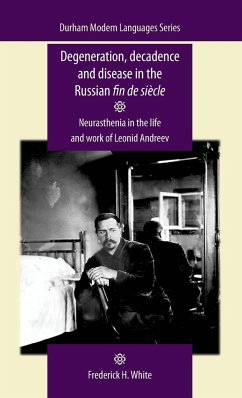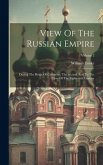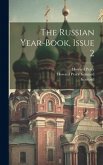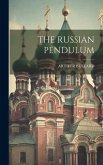By the first decade of the twentieth century, Russia was experiencing a decadent period of cultural degeneration. Simultaneous with this artistic response, science was developing ways to identify medical conditions that supposedly reflected the health of the entire nation. Leonid Andreev (1871-1919), the leading literary figure of his time, stepped into the breach of this scientific discourse with literary works about degenerates. The spirited social debates on mental illness, morality and sexual deviance which resulted from these works became part of the ongoing battle over the definition and depiction of the irrational, complicated by Andreev's own publicised bouts with neurasthenia. Specific to the study is the way in which Andreev readily accepted and incorporated scientific conjecture into his cultural production and how these works were in turn cited by medical authorities as confirmation of their theories, creating a circular argument. This book explores the implications of scientific discourse on Russian concepts of mental illness and national health. It examines the concept of pathology in Russia, the influence of European medical discourse, the development of Russian psychiatry, and the role that it had on popular culture by investigating the life and works of Andreev. Although widely discussed in its European context, degeneration theory has not been afforded the same scholarly attention in Russian cultural studies. As a result, this study extends and challenges scholarship on the Russian fin de siècle, the emergence of psychiatry as a new medical science, and the role that art played in the development of this objective science.








